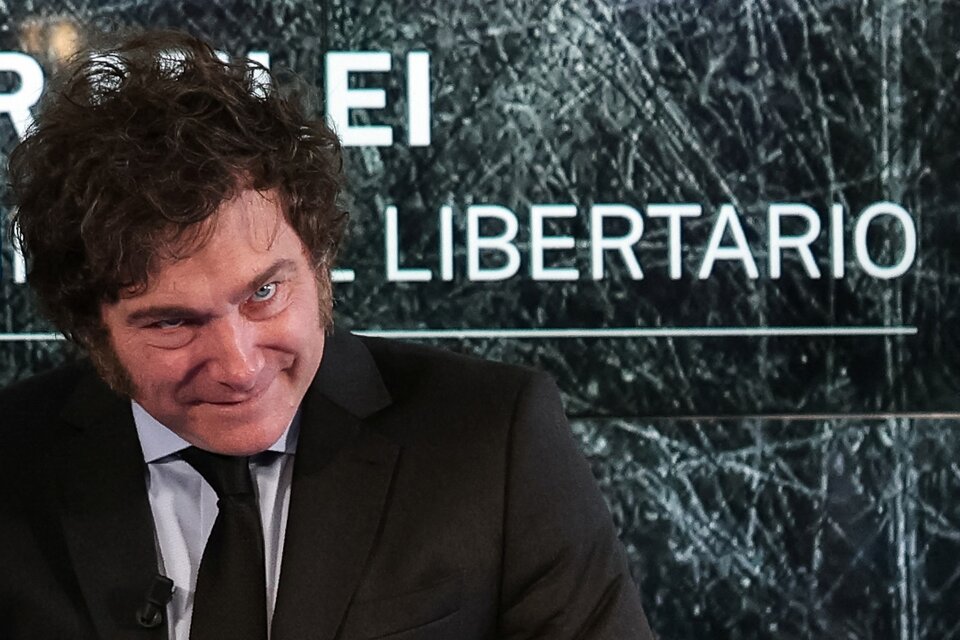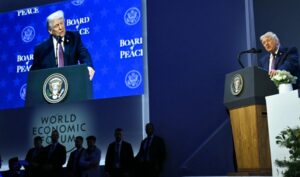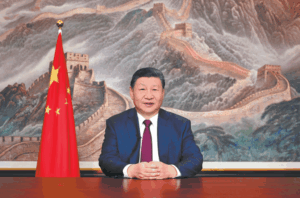
Published 06/29/2024 12:14
Argentine President Javie Milei’s first victory came this Thursday (27) with the approval of the Framework Law by Congress. The approval, however, occurs more than six months after the presentation of the economic project to deputies and senators and with most of the articles removed or revised.
Even so, the ultraliberal receives legislative powers for one year, incentives for large investments for 30 years, flexibility in labor legislation and authorization to privatize public companies
The deputies had already approved the text on April 30. The bill was then sent to the senators for analysis. There, the vote was tied on June 12: there were 36 votes in favor and against. Victoria Villaruel, Milei’s deputy and head of the Senate, gave the final vote in favor of the proposal, which, having been changed by the senators, was returned to the Chamber for analysis.
Also known as the Bus Law, due to the breadth of topics it covers, the package with measures that reduce the State’s presence in the economy has been dehydrated since it was presented by the government at the end of December. The final wording includes eight privatizations of public companies, changes to labor legislation and an increase in the power of the Executive.
The first version of the package was presented by Milei on December 27 with more than 600 articles. However, its scope was reduced to 238 articles to gain support in Congress. Even dehydrated, the package still brings together a series of liberal measures that characterize Milei’s government.
The opposition bloc União Pela Pátria voted against the Basic Law and questioned several aspects of the government initiative. Among them, the incentives for large investments with which Milei says he intends to attract US$ 200 million from a generous set of tax, customs and exchange rate benefits.
“If anyone thinks that RIGI [pacote de incentivo] will balance the fiscal accounts, it is a lie”, warned Máximo Kirchner. “This will devastate our communities, create oil and mining baskets and huge inequalities in our cities”, he warned.
“These are tailor-made measures for the sectors of power concentrated in Argentina,” said Peronist deputy Hugo Yasky in his speech, which considered that the law allows foreign capital “to come and take oil and lithium in exchange you’re welcome”, and which will transform the country into “a tax haven”.
Source: vermelho.org.br

